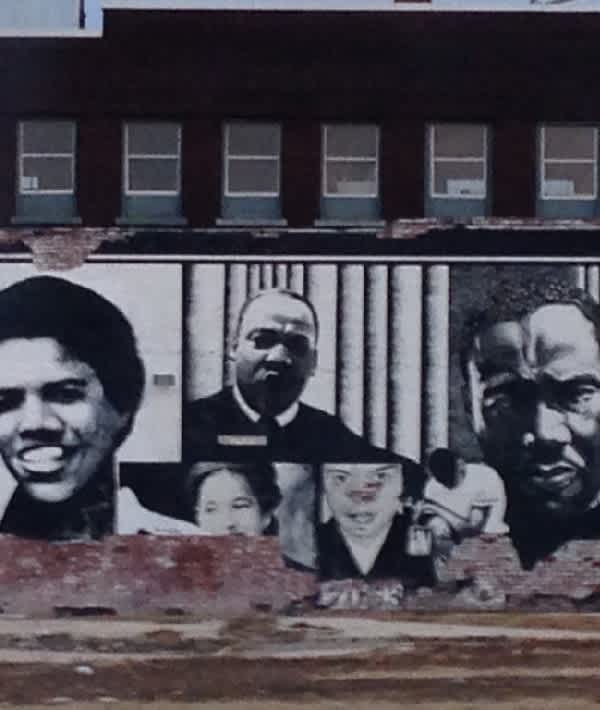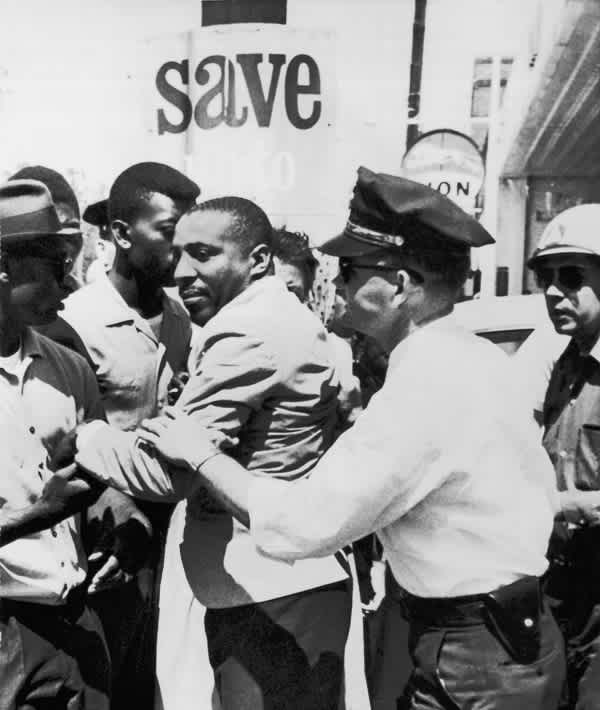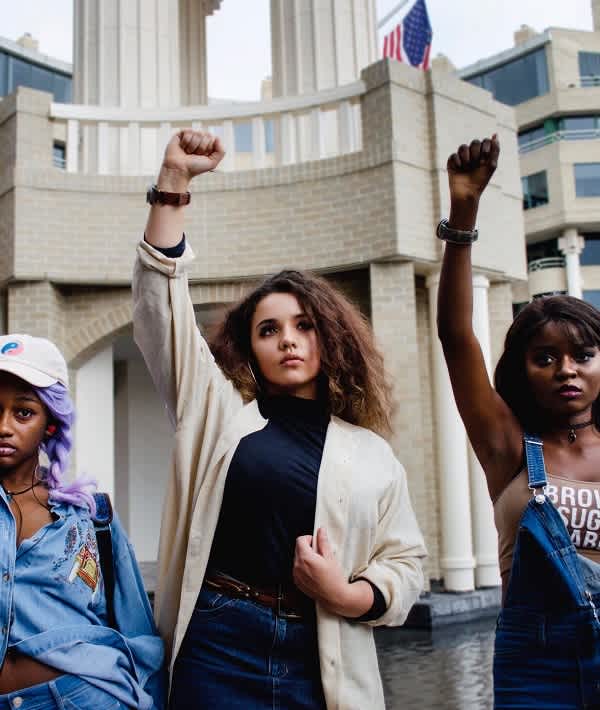This blog was originally posted on mom.com.
1/21

Photo by Twenty20
From the past we shape our future
Ever wonder why Black History Month is in February? In 1926, historian and journalist Carter G. Woodson started “Negro History Week” to focus on black history and culture, which was left out of school curricula. Initially celebrated each year during the second week of the second month, the thirst to study black history grew so strong that eventually the holiday expanded to the entire month. Keep reading to learn more facts like these to teach your kids.

Photo by Twenty20
Black history is all year long
February gives us a reason to focus on black history, but it’s crucial to teach kids that the subject is worth revisiting throughout the entire year. Whether it’s watching documentaries, visiting museums or reading literature by black authors, you can participate while encouraging understanding and tolerance. Make black history (the shared history of all Americans) appealing and fun so that your child continues a cycle of awareness and positive future changes.

Photo by Twenty20
Black history is American history
Pilgrims arrived in Massachusetts in 1620, but the first slave ship arrived in Virginia in 1619. American history and black history can never be separated from each other. Through forced labor, our nation’s economy was founded on the tobacco and cotton industries, and our honor was defended by black and white soldiers. The shared history of our country connects all of us, but was especially unkind to some.

Photo by Twenty20
Do your own research
You want your children to be free thinkers, so that means teaching them how to investigate for themselves. Explain (and model) to your kids how to research this Black History Month. Go to the library to read African-American literature, or ask people of color about their heritage. The internet is a great tool for information, but teach them there are many more resources available. Not only will they gain knowledge, they’ll also learn perspective to become well-balanced adults.

Photo by Archives/REX/Shutterstock
History isn’t always pretty
As much as you want to shield your kids from ugly truths during Black History Month, you won’t do them any favors by keeping information from them. The truth is, our country’s history isn’t a fairy tale (try finding a country whose history is), but that knowledge is how we’ve achieved the progress we’ve made so far. The sooner they know the true events of the past, the better they’ll understand the injustices today and be more likely to change the future.

Photo by Twenty20
African-American culture is always evolving
Throughout much of American history, there’s been an effort to stifle black voices, such as anti-literacy laws passed in the 1800s to outlaw education for slaves. While some cultures have had centuries to collect and curate their culture, segregation for the descendants of slaves only ended 54 years ago. In that time, African-Americans have created a culture that isn’t entirely African or American, but somehow both!

Photo by Kowalsky/EPA/REX/Shutterstock
What Jim Crow laws were
At one point in American history, Jim Crow laws were set in place to treat black people as “separate by equal” to how white people were treated. In everyday facets of life, like eating in restaurants or using a public bathroom, blacks were shunned from using the same facilities as whites. Most of the time, designated areas for black people were poorly kept. These injustices can’t ever be undone, but they can be taught so they’re never repeated.









Leave a Reply